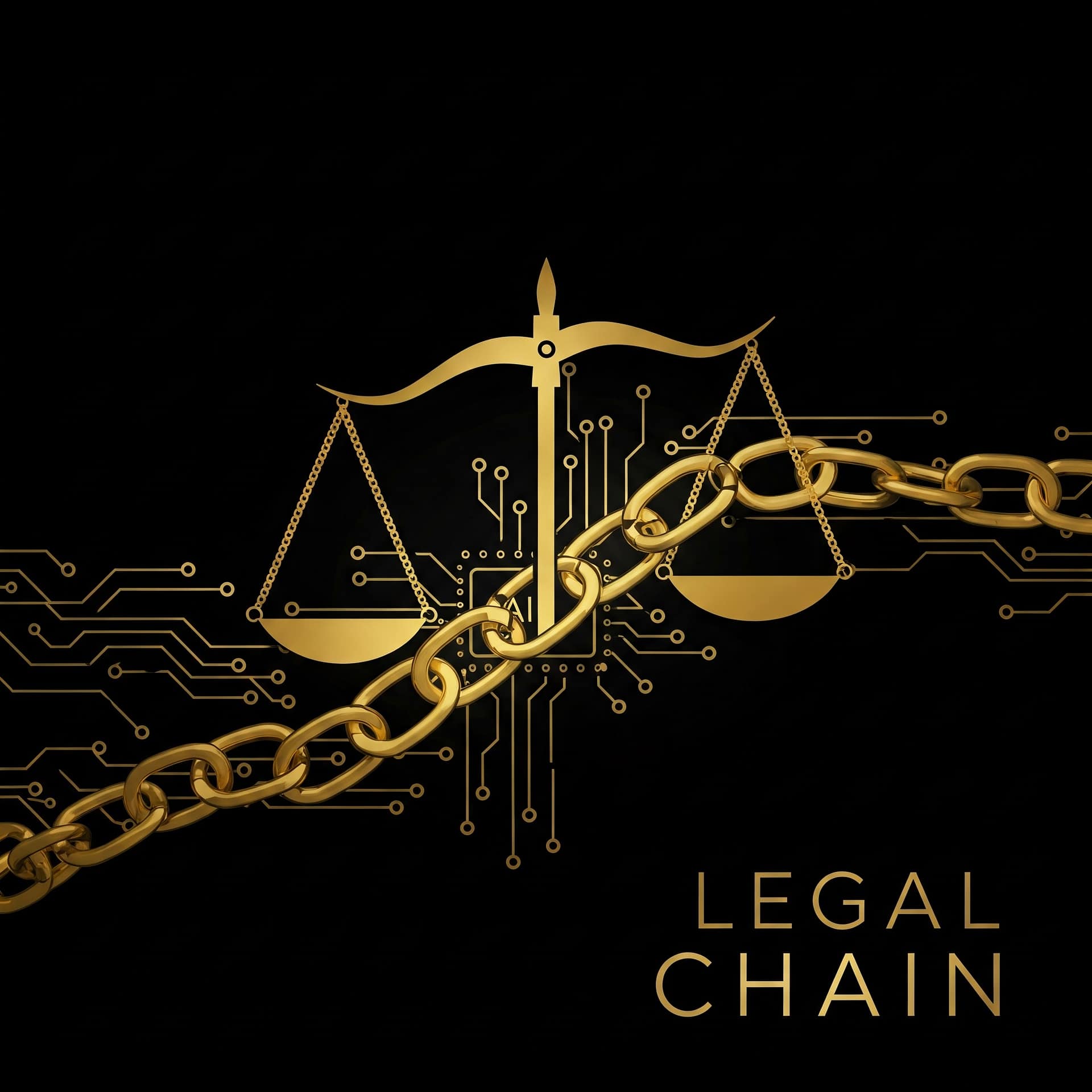How Legal Tech is Reshaping the C-Suite
Artificial intelligence (AI) is no longer confined to the IT department. It’s a boardroom topic, especially as its influence reshapes the corporate legal function. This isn’t just about making lawyers’ jobs easier; it’s a fundamental shift that is changing how CEOs, COOs, CIOs, CISOs, Chief Legal Officers, and legal counsel collaborate and operate. The result? A future where organizations save money, move faster, and make smarter, data-driven decisions.
The C-Suite’s New Strategic Toolkit
The integration of legal AI is creating a new dynamic among top executives, forcing a more collaborative, cross-functional approach to business.
- The CEO and COO are seeing AI as a powerful lever for company-wide efficiency. For the CEO, it’s about driving innovation and improving the bottom line by automating legal processes. The COO can use AI to streamline operations across departments. Imagine AI-powered contract systems that instantly spot risks and speed up negotiations, helping the entire business close deals faster.
- The CIO and CISO are now critical partners to the legal team. The CIO’s job is to seamlessly integrate AI tools into the company’s tech stack, ensuring they are scalable and reliable. The CISO, on the other hand, is the guardian of data security. They must ensure that the sensitive information used by legal AI—from client details to confidential contracts—is protected from cyber threats and complies with strict regulations like GDPR.
- The Chief Legal Officer (CLO) and Legal Counsel are at the heart of this transformation. The CLO’s role is shifting from a reactive “risk manager” to a proactive “strategic advisor.” With AI handling the tedious work like document review and legal research, lawyers can focus on complex analysis, providing high-value counsel and becoming true business partners.
The Triple Threat: Cost, Speed, and Insight
The tangible benefits of legal AI are the main drivers behind its rapid adoption.
- Cost Savings: AI can dramatically cut legal expenses. By automating labor-intensive tasks that once required a team of lawyers, companies can significantly reduce their legal fees and save money on outside counsel. What used to be a week-long, costly document review can now be done in minutes by an AI tool, freeing up valuable human resources.
- Speed: Legal AI accelerates workflows at every turn. What once took days—like reviewing thousands of legal documents—can now be done almost instantly. This speed gives businesses a competitive edge, allowing them to close deals, respond to litigation, and adapt to regulations much more quickly.
- Better Understanding: AI’s ability to analyze massive datasets uncovers patterns and provides predictive insights that humans simply cannot. For instance, AI can analyze past litigation to predict the likely outcome of a new case, enabling the CLO to make data-backed decisions. It can also proactively monitor for potential legal risks, helping the company avoid problems before they start.
The future of business is one where AI isn’t just a tool, but an integral part of the corporate nervous system. It’s creating a smarter, faster, and more efficient way of working that will change organizations forever.
